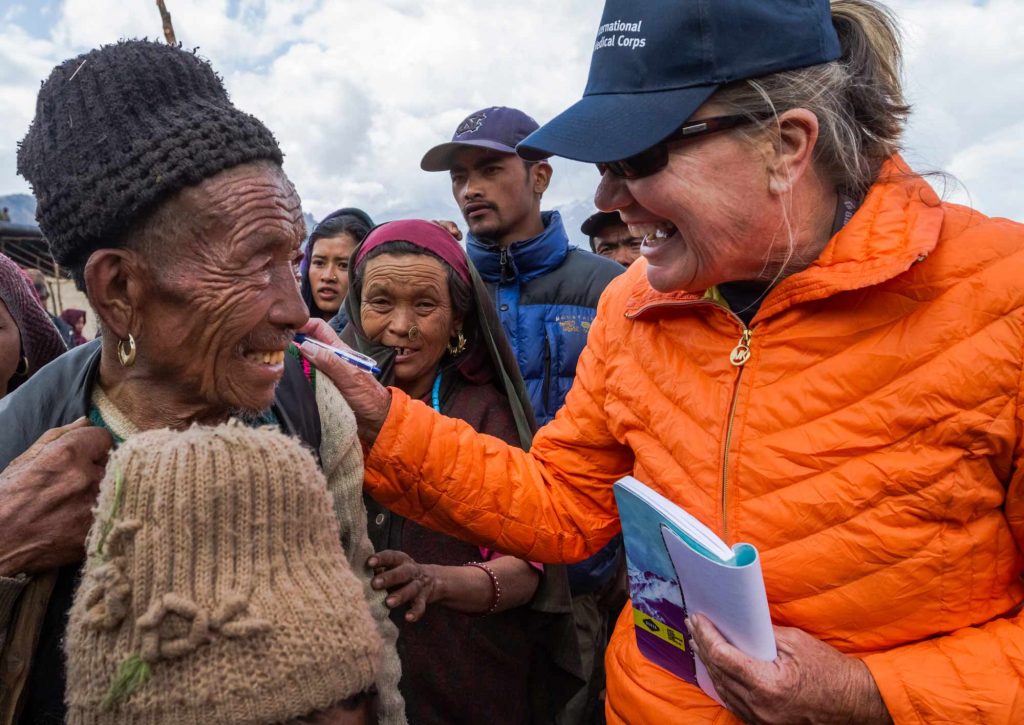
Mental Health & Psychosocial Support
Mental Health and Psychosocial Support (MHPSS) in Humanitarian Settings
Survivors of conflict and disaster are at higher risk for psychological distress and mental health conditions, due to continued and overwhelming chaos and uncertainty, as well as the enormity of loss that often includes homes, community, loved ones and livelihoods. As one of the few international relief organizations to prioritize prevention and treatment of mental health and psychosocial needs in humanitarian crises, we have the capacity to respond to these immediate needs. As communities recover and development begins, we focus on the longer term, to help strengthen mental health care systems and shape national policies.



Areas of Focus
Overview
International Medical Corps plays a leading role in the advancement of mental health systems in humanitarian settings. We contribute to the development of global guidelines and national policies for improving mental health and well-being among affected populations.
Key Stats



Overview
International Medical Corps is one of the few global emergency response organizations with the capacity to address both the immediate psychosocial needs of communities struck by disaster and to help those with preexisting mental disorders at the community level.
Key Stats



Overview
International Medical Corps uses a comprehensive approach to adapt training materials to the local context, providing foundational training and supervision, supporting institutional changes and capacity building, and evaluating results to inform policy, practice and expansion.
Key Stats



Overview
International Medical Corps projects for children and youth are designed to build key life skills and help them deal with difficult situations and develop friendships, while encouraging them to engage in communities.
Key Stats


